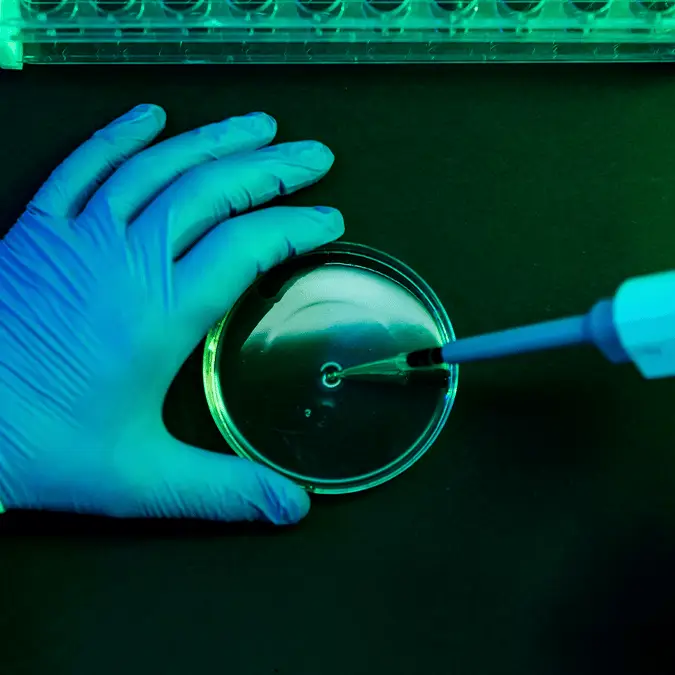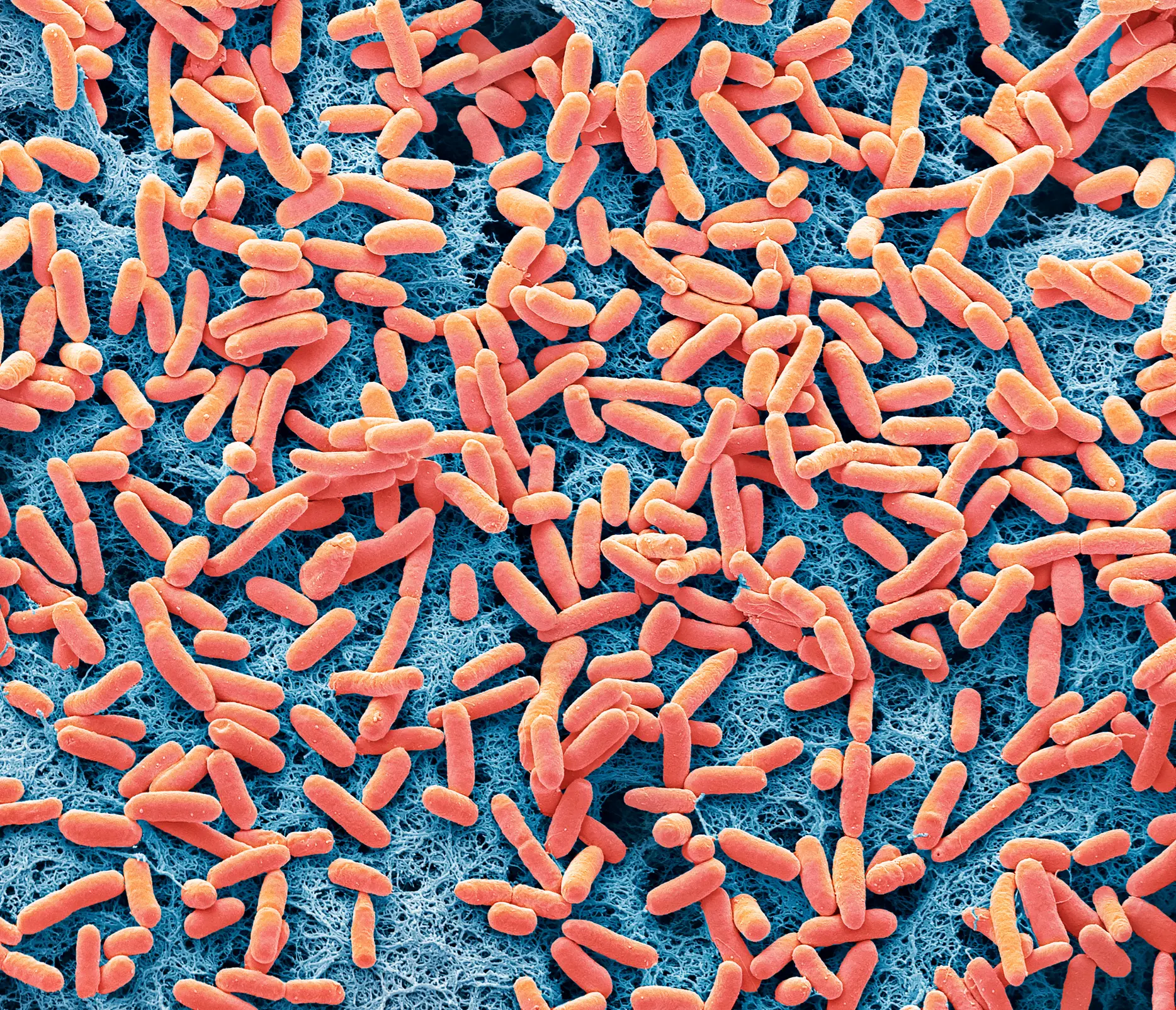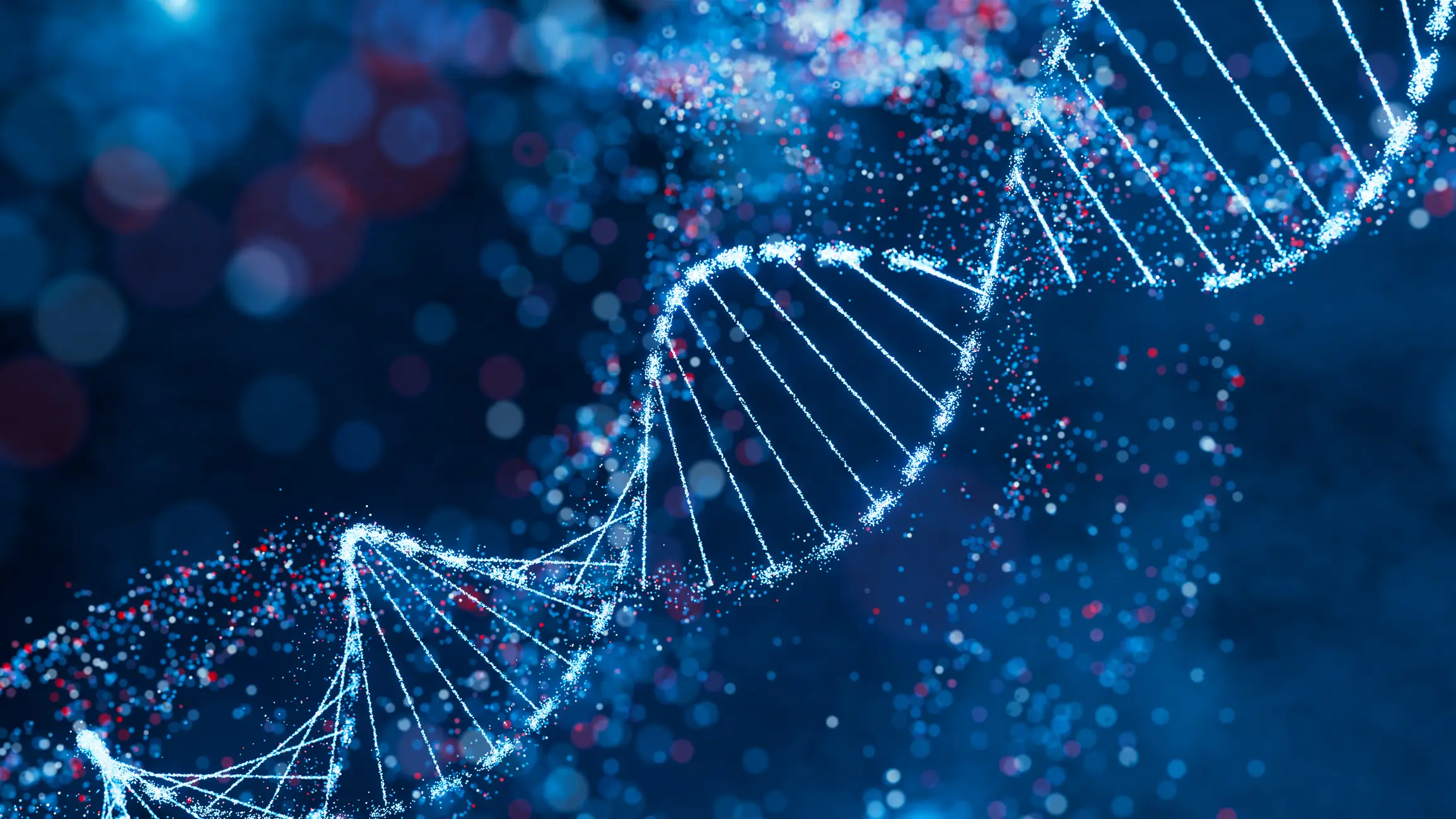


Scientists create a new life form more perfect than nature's own.
The team at the Medical Research Council's Laboratory of Molecular Biology say they've engineered a bacterium with a genetic code more efficient than any other lifeform on Earth. It worked like this.
The scientists created 'Syn57,' a bioengineered version of E. coli bacteria that operates with seven fewer genetic instructions than every other life form on our planet. While E. coli is notorious for causing food poisoning from undercooked meat, this lab-created version represents something entirely different and more advanced.

Advert
To understand this achievement, we first need to know about codons.
Codons are three-letter sequences in DNA and RNA that provide instructions for building amino acids, the fundamental building blocks of life. For billions of years, all known life has used 64 codons to create just 20 amino acids.
Scientists cracked this genetic code back in 1966, revealing that evolution hadn't created perfect efficiency. Some codons were clearly redundant and were performing the same job as others.
The question was, could science engineer a more efficient organism by trimming the excess?
Well, in 2010, a team of 24 researchers spent 15 years creating the world's first synthetic bacterial cell. While groundbreaking, this artificial cell still used the standard 64-codon system found in nature.
Then, in 2019, genetic researchers at the University of Cambridge successfully reduced an E. coli strain to just 61 codons, proving that life could function with fewer genetic instructions.

The work was hailed as the 'most ambitious attempt at a completely synthetic form of life' at the time.
Now, to create Syn57, it was necessary to alter over 101,000 lines of genetic code, which was first done theoretically and then in practice.
Unlike earlier synthetic bacteria, advances in DNA synthesis now allow researchers to build genomes from scratch, avoiding redundant codons entirely.
"You can start exploring what life will tolerate," said Akos Nyerges, a synthetic biologist at Harvard who worked on a competing team.
"We can finally test these alternative genetic codes."
In the end, the Cambridge team managed to come out on top in the scientific competition with Syn57, though one of the researchers admitted it wasn’t an easy journey.
"We definitely went through these periods where we were like, 'Well, will this be a dead end, or can we see this through?'" said Medical Research Council researcher Wesley Robertson.
But what they developed on the other side was pretty groundbreaking. "Life still works," Robertson concluded.